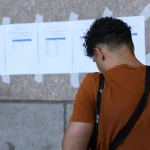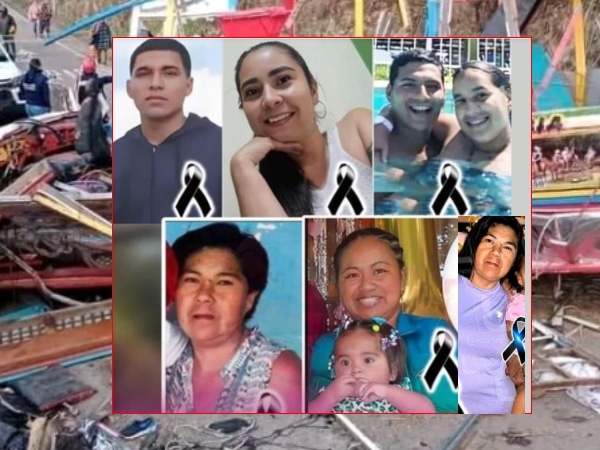The budget for Gas Aid in 2025 will fall 84%, from R$3.5 billion to R$600 million, with the changes proposed by the government in the program. The reduction occurs despite the increase from 5.5 million to 6 million in the forecast of families served. The figures are included in the 2025 Budget bill, sent to Congress on Friday (30) and detailed this Monday (2).
Announced by the Ministry of Mines and Energy on the 26th, the project that reforms the Gas Aid needs to be approved by Congress. The proposal foresees that, instead of beneficiaries receiving the aid every two months, together with the Bolsa Família, the government will grant discounts to gas resellers, which will be compensated by Caixa Econômica Federal.
According to the government’s proposal, the National Treasury will no longer receive revenues from pre-salt oil exploration that are due to the federal government. The money would be transferred directly to Caixa, which would become the operator of the Auxílio Gás program. Experts criticize the rule because the program’s subsidies would be outside the federal budget and the spending limit imposed by the new fiscal framework, which opens the door to questions from the Federal Court of Auditors (TCU).
When explaining the 2025 Budget proposal, the executive secretary of the Ministry of Finance, Dario Durigan, said that the changes to the Gas Aid will not compromise the review of approximately R$26 billion in mandatory expenses. “The economic team’s assessment is not about the merit of the proposal. It is about its compatibility with the fiscal framework and the Budget, and it will not in any way eat into this economy,” he said.
According to the executive secretary of the Treasury, public entities will be able to pay Caixa Econômica amounts owed to the Union, such as resources that should be allocated to the Pre-Salt Social Fund, created to finance development and poverty-fighting projects. “The project allows public entities to pay directly within the program, which can be operated by Caixa, with a deduction of what these entities would pay to the Union. From a fiscal point of view, there is a balance between expenses and revenues,” Durigan countered.
The executive secretary of the Ministry of Planning and Budget, Gustavo Guimarães, said that the impact of the program on the government’s accounts will be offset within the spending limits and the primary deficit target of the fiscal framework. This is because the government will have to compensate for the drop in revenue from the Treasury, which will give up revenues to transfer them to Caixa.
“If it is through the budget, we will have to adjust or reduce [despesas] discretionary [não obrigatórias] or make further revisions to other mandatory policies. If it is through subsidies, we have to remember that the sustainable fiscal regime has a direct connection between revenues and expenses. If we are giving up revenues, we will indirectly reduce the future space for expenses. There will have to be natural adjustments that will happen within the set of fiscal rules that we have today”, he explained.
















